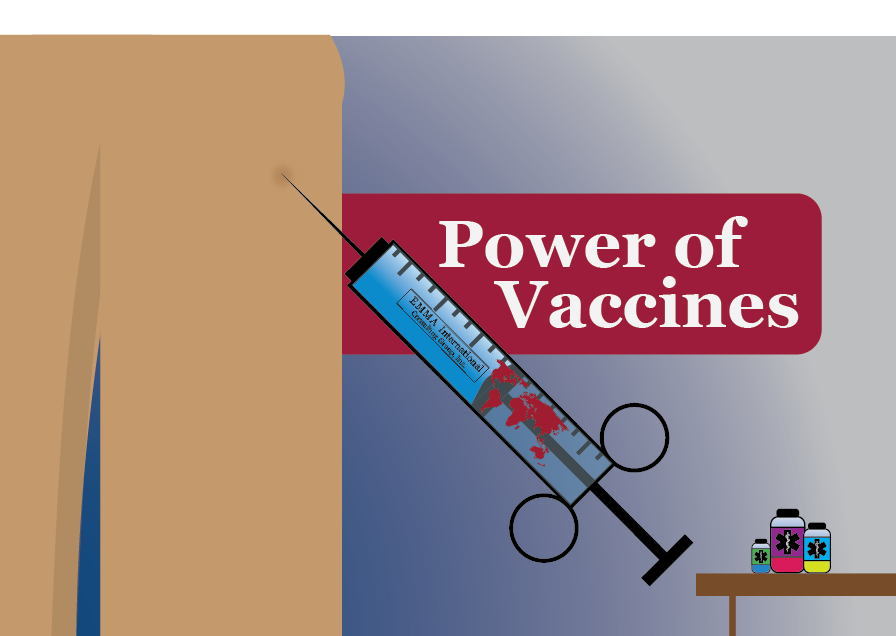Happy World Immunization Week! Lately, we’ve heard about outbreaks of diseases that we previously thought were preventable. What are some of the latest numbers and what can we do? This week’s blog is a snapshot of the impact of vaccines that protect us from disease.
TL; DR: If you can, please get vaccinated.
Immunization is widely recognized as one of public health’s most successful and cost-effective health interventions. Routine childhood immunization can prevent certain illnesses, premature deaths from vaccine-preventable illnesses, and hospitalizations over a lifetime. Vaccinations can protect more than just the person getting vaccinated from transmissible diseases: they can protect people who are unable to receive vaccinations (e.g., newborns, people with certain chronic illnesses). This “herd immunity” is protection offered to everyone in a community, given that vaccination rates meet certain thresholds for the disease. In general, the easier the transmission and the greater the severity of disease, translates to a higher threshold that must be met to prevent an infectious disease outbreak.
Measles, a highly contagious virus that exhibits rashes, fevers, and ear infections, can lead to serious complications of pneumonia and encephalitis in children. Before the measles vaccine was made available in 1963, there were 3 to 4 million cases of measles each year, that resulted in about 500 deaths per year. Through efforts by the Centers for Disease Control and Prevention, measles was declared no longer endemic (common) in the United States in 2000. But the recent outbreaks of measles in New York, Washington, New Jersey, California, and Michigan are reigniting discussion of why immunization matters. In 2018, the U.S. had approximately 380 cases of measles. From January 1-April 19, 2019, there were 626 individual cases of measles confirmed in 22 states. As the number of cases increases, it puts people, especially children, at serious risk.
The World Health Organization listed “vaccine hesitancy” as one of the ten threats to global health in 2019. The reluctance or refusal to vaccinate despite the availability of vaccines threatens to reverse progress made in tackling vaccine-preventable diseases. Furthermore, global travel has never been easier, but with it comes a risk of transmitting infectious diseases, such as polio, rubella, pertussis, and diphtheria, that have not been eradicated in other parts of the world. This makes maintenance of community immunity even more important. There are many studies that demonstrate that the benefits of immunizations outweigh the risks, but fear mongering has taken hold of communities. Community engagement is integral to any public health intervention, so please do your part in being accurately informed.





